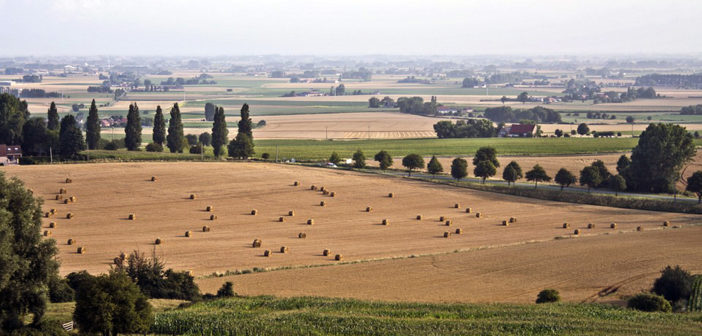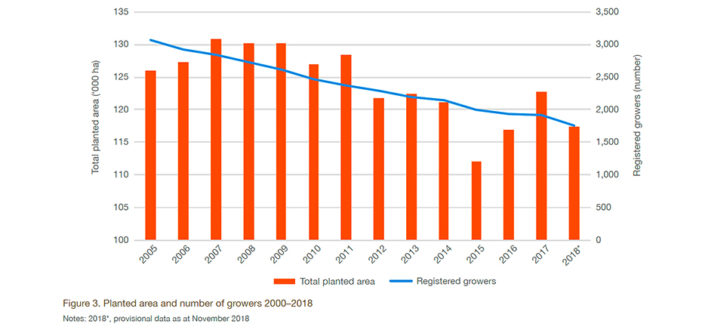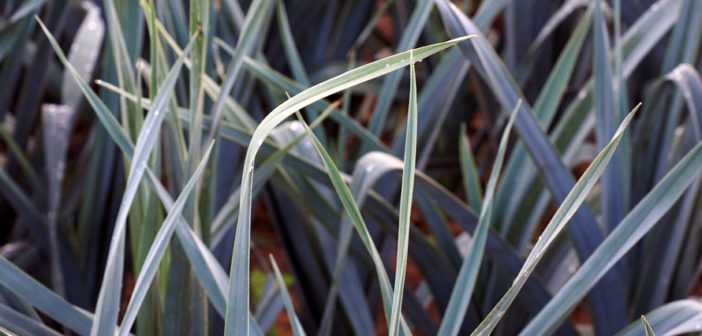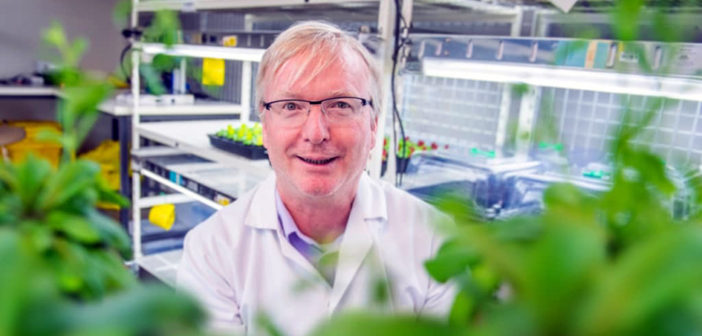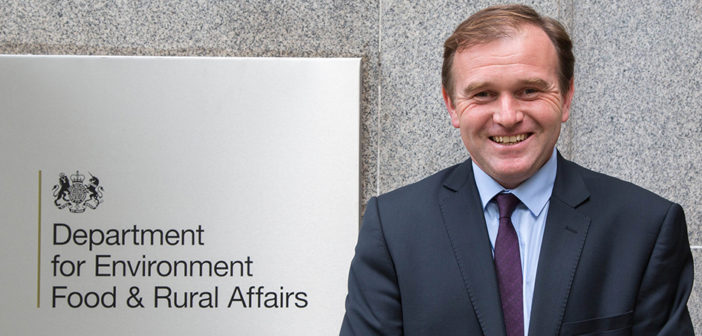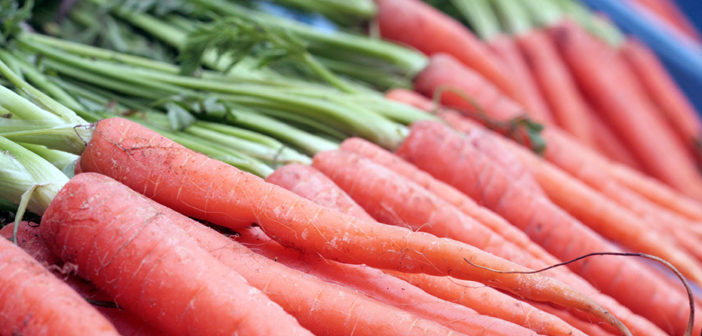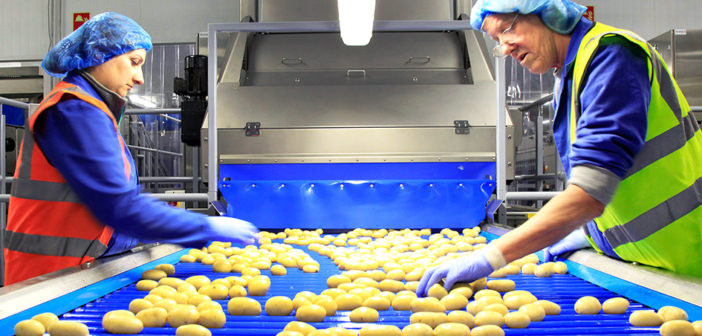Cheshire-based wholesale greengrocer Oliver Kay Produce has announced that it is working with local company Re-Source to reduce food waste and is also working hard to reduce plastic food packaging.
The company claims it is the first wholesale greengrocer to swap from overwrapped polystyrene trays to compostable ‘Bagass Trays’ made from sugarcane pulp and supplied by Thompson Packaging. All plastic wrap now comes from 100 per cent recycled sources and is looking for a suitable compostable-substitute.
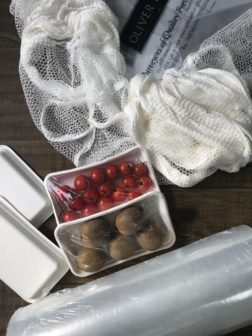
“We looked at moving to biodegradable packaging, but realised that to really make a difference, all of the packaging needed to be compostable,” explained Paul Leyland, Oliver Kay’s Commercial & Sustainability Director. Other sustainability improvements include replacing the plastic netting traditionally used for items such as citrus to one made from certified beech wood fibre.
Oliver Kay delivers to approximately 3,500 catering establishments six days a week. “A business of this type and size obviously generates an amount of waste in the form of packaging and food waste,” added Paul. “We are buying roughly 800 nets of lemons each day, 320 trays of chillies each day, and through our strict quality standards and prep department we are producing approximately 2.5 tonnes of food waste each day.”
Working with Re-Source the business has introduced a screw press system to remove water from left over fruit and vegetable waste, reducing the total density of the waste by 90 per cent. This is then composted, and taken back for use by the farmers who supply the business.

Director Paul Leyland
Credit for images: Oliver Kay Produce
The post Oliver Kay expands sustainable packaging range appeared first on Hort News.
